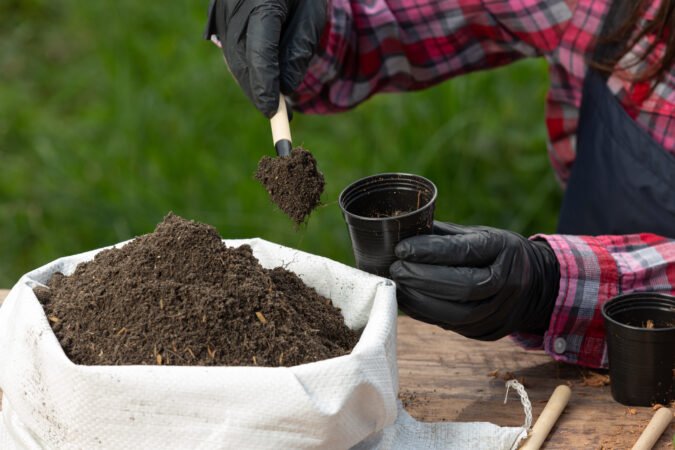In Short : In 19 districts in the Aravalli region, the Rajasthani government has started a massive soil development project spanning 3,700 hectares. With a budget of ₹250 crore, this project, which is part of the Aravalli Green Development Project, consists of a planting year and a maintenance year with the goal of controlling desertification and restoring the environment.

Restoration Plan and Ecological Objectives
Geographic Coverage: This initiative covers around 80% of Rajasthan’s Aravalli region on forest land alone, excluding areas with encroachments or human settlements, and it stretches from Alwar to Sirohi.
Vegetation Focus: Native, climate-resilient plants like Khejri, Babool, Dhak, Neem, and Ber will be planted with grasses like Sevan and Dhaman that have been selected for their capacity to improve biodiversity and stabilize soil.
Ecological Goals: The project intends to stop soil erosion, replenish groundwater levels, protect Delhi and the NCR from encroaching Thar Desert sandstorms, and restore the Aravalli ecosystem.
Governance & Monitoring: Under the direction of the Union Ministry of Environment, advancement will be monitored using metrics including microclimate enhancements, groundwater recharge, and flora and fauna recovery.
The Value of Clean Energy and the Environment
Climate Action & Decarbonization: By promoting local carbon sinks and halting land degradation, ecological restoration in the Aravalli range contributes to larger land-based climate mitigation.
Energy Transition Synergy: Stronger renewable energy systems are supported by healthy ecosystems, which also improve soil stability and water availability, which are crucial for solar farms and rural electrification.
Green Economy & Jobs: In fields like seedling raising, plantation execution, ecosystem monitoring, and long-term maintenance, the initiative is probably going to provide local green jobs.
The Significance of It
An important element in strengthening India’s natural climate defenses is this soil development initiative. The project supports the nation’s long-term restoration plans, environmental transition, and climate resilience by reintroducing native species and sustainable land practices to the Aravalli terrain. It serves as a powerful illustration of how ecological health supports aspirations for clean energy and the long-term expansion of local economies.




